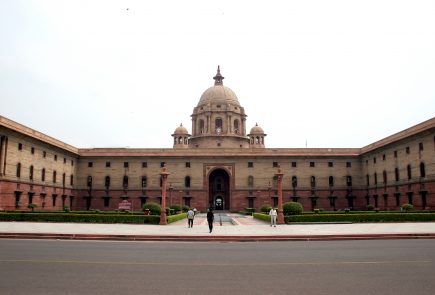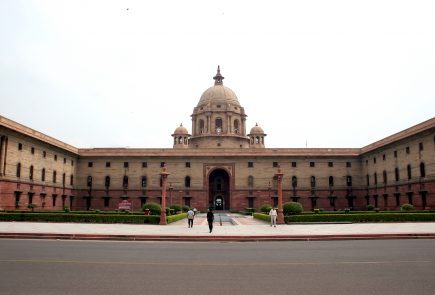Right to be Forgotten : Can it Really Happen ?

EU has just passed a Bill which allows people to get some links removed from search engines like Google. In an unappealable ruling, the EU courts ordered the removal of links to information which can be deemed as inadequate or irrelevant.
Right to be Forgotten, as its colloquially called, gives EU citizens the right to petition to Google to remove links which have information about their lives. This law only asks the engines to remove the links and not the actual information itself. This law also comes directly in conflict with the Right to Freedom of Expression. Basically it is a fight between information and privacy.
Google stated that before this law can be brought into effect, careful formulation of the infrastructure needs to take place. The company would have to set up an “army of removal experts” in all 28 EU countries, including those countries where it doesn’t have operations.
The procedure of how to judge the potential links also needs to be worked out. Yahoo also said that it was taking a step to carefully review how the judgment would affects its business and users.
It all began when a Spaniard, Mr Mario Costeja Gonzalez, wanted a newspaper link of a story about auction of his repossessed home in 1998 removed from Google. He claimed that the story infringed his privacy.
The Spanish data protection agency held that search engines should make access to the story impossible. This sets a dangerous precedent as well. The internet is so easy to use because of its search engines; if we have hidden data, then it might become a pseudo deep net with several hidden internet pages. Google appealed and the case was referred to the European Court of Justice, which has now upheld the original decision.
The other factor about this ruling is that it is practically unenforceable. As John Oliver quipped on his show, “the internet is like a quicksand, the more you try to get out, the more it absorbs you into itself.” Also, as it can be used by anti-social elements like child pornographers, online fraudsters and “politicians” which would not be appreciated by the very same people celebrating the ruling.
The case is one of 180 similar cases in Spain whose complainants want Google to delete their personal information from the Web. The company says forcing it to remove such data amounts to censorship. Immediately after the ruling, Google received thousands of requests for deletion on links. These included a politician who wanted mentions of “his time in office” removed and a doctor who wanted a negative review removed.
Another negative? This law may dissuade tech investment in the region. A lot of countries in EU are suffering from heavy unemployment, particularly amongst the youth. This would be a major jolt to them.
The idea of internet is so simple, its an open communication platform. It is a fluid communication fabric so whatever restriction are placed on it will always be a way to work around it. Maybe somebody will create a search engine which will only access the deleted links – the possibilities are endless.
People should stop messing with the concept altogether.
























